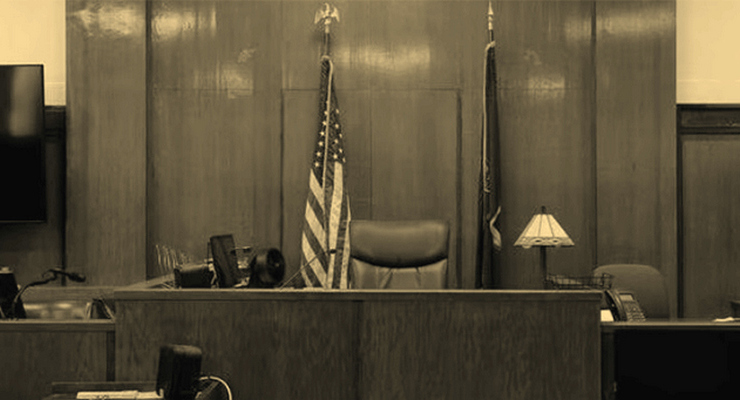
President Jimmy Carter with his wife Rosalind at a Los Angeles event in 2015, the year Pasadena freelance writer Justin Chapman interviewed him. [Kathy Hutchins/Shutterstock]
In 2015, I interviewed President Jimmy Carter on the phone for a Pasadena Weekly cover story—perhaps the biggest interview of my nearly 20-year journalism career, and I’ve interviewed some biggies. I was in the middle of a road trip to Lake Havasu when the call came in, so I pulled over somewhere near the Arizona/California border to record the call in sweltering triple digits inside the car.
A blocked number called me, and I soon heard, “Hello, this is Jimmy.”
We talked about his early life, his early campaigns, the impact of money in politics, Hunter S. Thompson’s reaction to Carter’s 1974 Law Day speech which he called a “king hell bastard of a speech,” the unfairness of the judicial system and mass incarceration, the death penalty, Christianity, the Iran nuclear deal, his reflections on the 1979 Iran hostage crisis and whether the Reagan campaign had a deal with the Iranian government, the 2016 presidential election, income inequality, the Israel/Palestine conflict, his post-presidential life, and more.
He was gracious to give his time to a freelance journalist writing for the Pasadena Weekly, a small community paper with a circulation of about 25,000 at that time. His whole life, it seems, was spent giving himself to others.
As the winner of the Nobel Peace Prize in 2002; an engineer; a nuclear physicist; a peanut farmer; school board member; governor of Georgia; the 39th president of the United States; a proponent of Habitat for Humanity; founder of the Carter Center which fights disease, hunger, poverty, conflict and oppression around the world; and much more, his 2015 book A Full Life is aptly titled indeed.
When President Carter came to Vroman’s Bookstore in Pasadena on July 30, 2015, for a book signing of A Full Life: Reflections at Ninety, the place was absolutely packed. The line snaked up and down stairs, around the inside of the store, through the doors, in multiple lines in the courtyard area, down the alleyway past Laemmle Theatres, out onto the sidewalk, and around the block for who knows how long.
I was fortunate to be near the front of the line, where I gave a copy of the Pasadena Weekly with my story and his photo on the cover to his assistant. Each person’s time with him was very short, but I used it to remind him that I was the person he spoke to on the phone just a few days beforehand and that I had given his assistant a copy of the paper, which I held up to show him as he signed my copy of A Full Life. Secret Service, of course, wouldn’t let anyone directly hand him something.
Also at that time, I was working for former Pasadena City College Trustee Geoffrey Baum at the USC Annenberg Center on Communication Leadership & Policy (CCLP), which was run by former Voice of America director and USC professor Geoffrey Cowan. Cowan was also then the president of Sunnylands, which shared office space with CCLP in downtown LA. Sunnylands, located in Rancho Mirage between Palm Springs and Coachella, was once the winter retreat of Walter Annenberg, former U.S. Ambassador to the United Kingdom from 1969-74 and friend to several U.S. presidents, including Nixon and Reagan. Now Sunnylands is a visitor’s center, gardens, and high-level meeting destination.
At that time, every president since Eisenhower had visited Sunnylands. It came to be known as the “Camp David of the West.” Nixon used to golf there. Reagan used to attend New Year’s Eve parties there. Obama famously met Chinese President Xi Jinping there. But Jimmy Carter had never been there. My co-workers at CCLP/Sunnylands and I launched Operation Jimmy, the crux of which was to get Carter to visit Sunnylands before he passed. I told him on the phone that we wanted to get him to visit Sunnylands sometime, and he expressed interest.
Right around that time, he announced he had brain cancer. While he incredibly beat that and went on to live another 10 years until he passed away December 29 at age 100, becoming the longest-living U.S. president in history, Operation Jimmy was unfortunately not successful.
So far, Trump has also not visited Sunnylands (apparently, he hates the desert). A few months ago, Carter’s son asked Carter if he was staying alive to reach 100. “No, I’m staying alive to vote for Kamala Harris,” Carter replied.
You can read my story and interview with President Carter here.

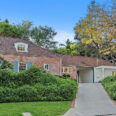

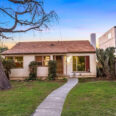



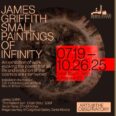


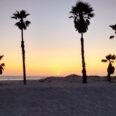



 5 comments
5 comments
